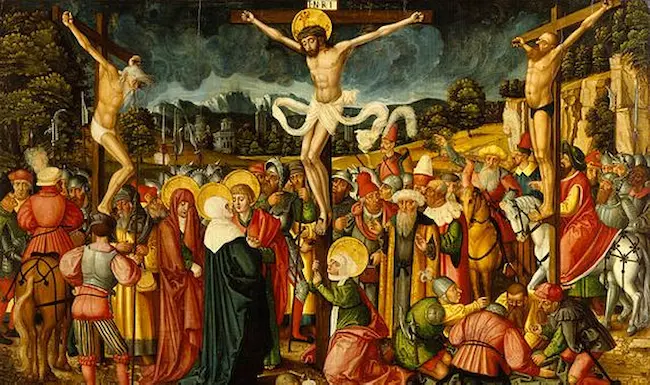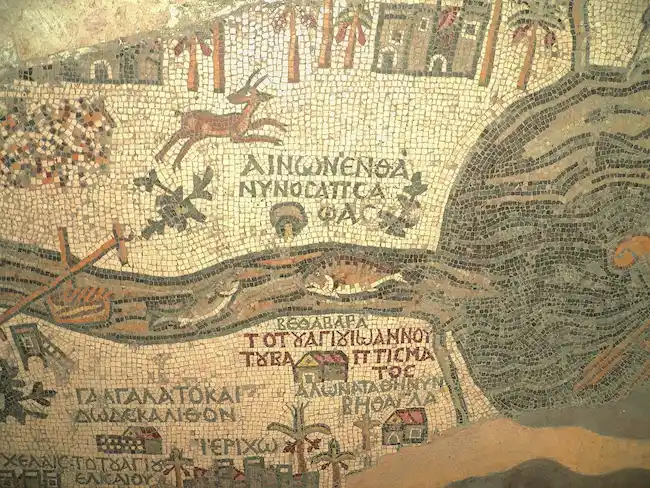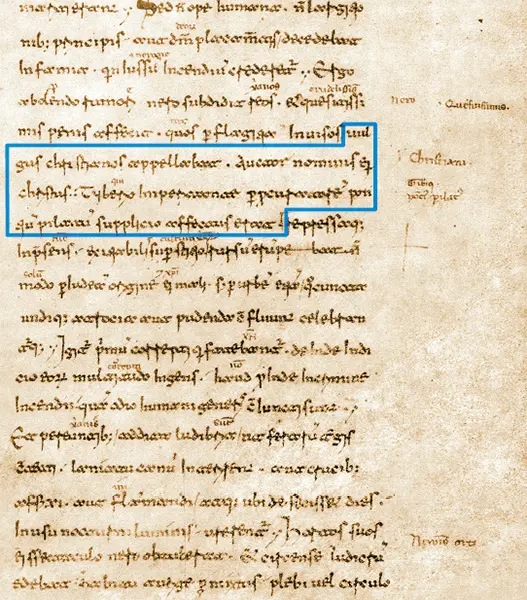.
Exploring the Historicity of Jesus Christ: How Confident Can We Be?
Today some claim that Jesus is just an idea, rather than a real historical figure, but there is a good deal of written evidence for his existence 2,000 years ago.

The existence of Jesus of Nazareth is widely accepted among historians, both Christian and non-Christian. Unlike King Arthur, who is not mentioned in the major historical source for events of his time until several hundred years after he supposedly lived, Jesus is mentioned by Jewish and Roman historians, as well as by dozens of Christian writings within a few decades of his supposed lifetime.

The earliest Christian writings to discuss Jesus are the epistles of St. Paul, which were written within 25 years of Jesus’s death at the latest. Detailed biographical accounts of Jesus in the New Testament gospels date from around 40 years after his death, within the lifetimes of numerous eyewitnesses. The descriptions of Jesus in these accounts fit with the culture and geography of first-century Palestine.

Non-Christian authors also mention Jesus. The Jewish historian Flavius Josephus has two references to him in his history of Judaism, while the Roman politicians Pliny and Tacitus mention Jesus’s execution during Pontius Pilate’s time as Roman prefect of Judaea. There was never any debate in the ancient world about whether Jesus was a historical figure.
Despite this wealth of historical evidence, some have questioned Jesus’s existence in recent years. The French philosopher Michel Onfray describes him as a mere hypothesis, and The Jesus Project was established in the US to discuss whether he existed. However, mainstream historians have dismissed these arguments as pseudo-scholarship.

While there is little archaeological evidence for Jesus, documents produced by Christian, Jewish, and Roman writers are considered the most significant evidence. These abundant historical references leave little reasonable doubt that Jesus lived and died. The more interesting question is whether he was who he claimed to be.

